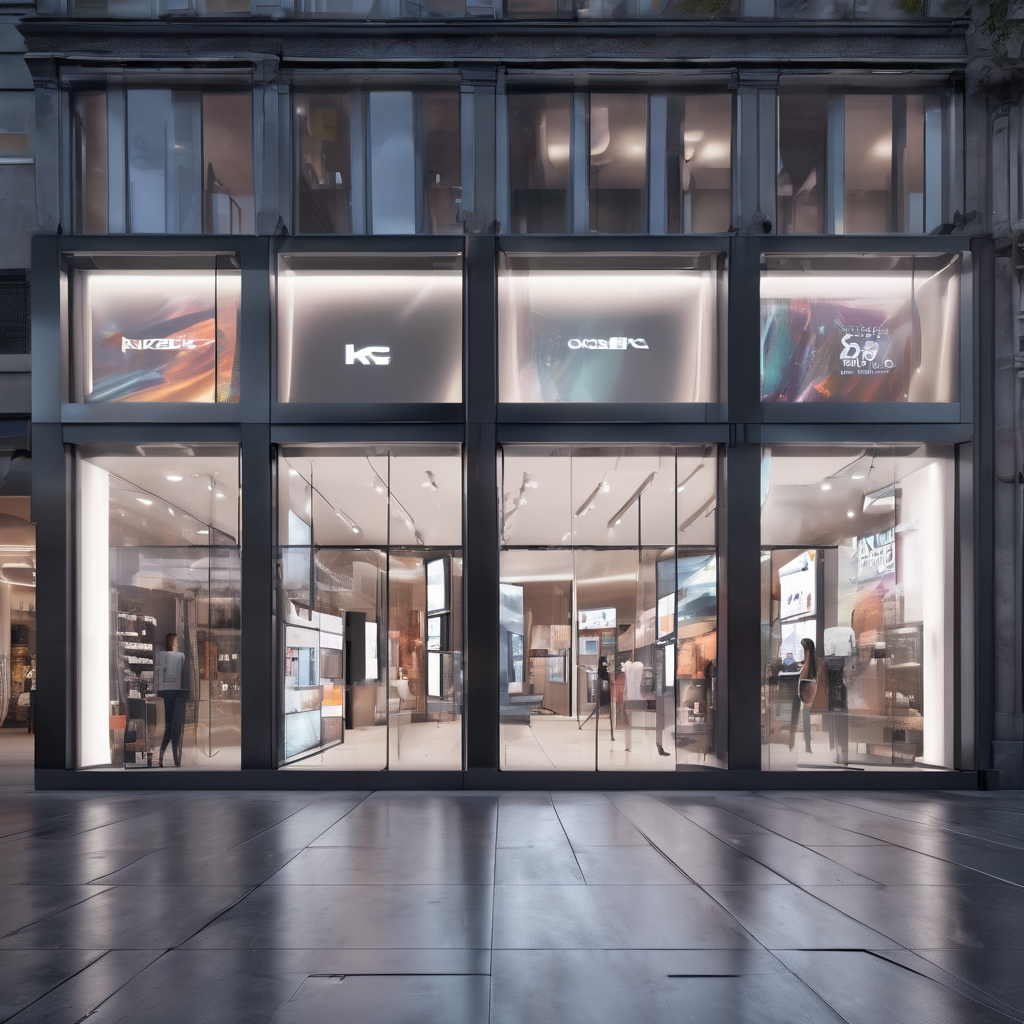
As artificial intelligence (AI) continues to transform consumer behavior, U. S. retailers are quickly adjusting their strategies to stay visible and competitive within AI-driven shopping environments. This holiday season, online sales are expected to hit an impressive $253 billion, with most still originating from traditional search methods and direct website visits. Yet, emerging AI platforms such as ChatGPT and Google’s Gemini are gradually gaining traction by offering consumers personalized product advice and purchasing options through conversational interfaces. This shift toward AI-driven shopping is prompting retailers to rethink their digital marketing and content strategies. Historically, many businesses heavily invested in search engine advertising via major platforms like Google and Meta to capture online shoppers’ attention. Now, the rise of generative AI is driving a new approach known as generative engine optimization (GEO). GEO focuses on crafting content specifically designed for AI crawlers and algorithms, ensuring precise indexing and recommendation of product information by these intelligent systems. A notable example is Evertune. ai, which specializes in helping clients create AI-friendly content. This often entails building dedicated, sometimes invisible websites intended primarily for machine consumption rather than human interaction.
These sites allow AI engines to efficiently access and analyze product details, boosting the chances that products will be recommended during AI-assisted shopping. Although AI-generated traffic currently represents a small share—ChatGPT referrals account for less than 1% of visits to major retailers like Amazon, Walmart, and eBay—the quality of this traffic is considerable. Users referred via AI channels generally demonstrate strong purchase intent, making them valuable despite their limited quantity. This indicates that as AI technology becomes more embedded in everyday shopping, retailers can expect a growing influence from these sources. Beyond optimizing content for AI scrapers, retailers are increasingly leveraging social media and influencer-generated content to shape AI models. Brands such as Brooklinen and R+Co utilize popular platforms like TikTok and voice assistants like Alexa to distribute detailed and authentic product information. This content helps shape how AI systems interpret and recommend products, effectively bridging human-driven marketing with machine learning algorithms. Major retailers are actively responding to these shifts. Walmart and Target are exploring chatbot-driven shopping applications designed to deliver seamless experiences through AI conversational agents. Meanwhile, tech leaders like Google and Amazon are incorporating advanced AI tools into their existing platforms, further solidifying AI’s role in retail’s future. Overall, the retail landscape is rapidly evolving to meet the demands of generative AI-powered search patterns and consumer preferences. As these technologies mature, retailers embracing AI integration—from content creation and search optimization to interactive shopping interfaces—are poised to gain a competitive advantage during this critical holiday season and beyond. This transformation not only boosts online sales but fundamentally reshapes how consumers discover, evaluate, and purchase products in an increasingly digital world.
How AI is Transforming Retail: Trends in AI-Driven Shopping and Generative Engine Optimization


SK Telecom's AI chip division, Sapeon, has merged with semiconductor startup Rebellions in a strategic move expected to significantly boost their presence in the fast-growing semiconductor and AI industries.

Intel has unveiled a new generation of AI accelerator chips designed to boost data center performance, reflecting its commitment to meeting the surging demand for high-performance computing driven by AI applications.

Implementing artificial intelligence (AI) in search engine optimization (SEO) presents exciting opportunities for marketers but also significant challenges.

Vine, a popular app that closed in 2017, is making a comeback—of sorts—after nearly nine years offline.

Salesforce is predicting a record-breaking Cyber Week for the global retail market, with total sales projected to reach an unprecedented $334 billion worldwide.

Alphabet is on the brink of achieving a historic milestone, with its market valuation anticipated to reach $4 trillion for the first time ever.

AI-driven search is fundamentally reshaping not just content rankings but also how brands are geographically positioned online.
Launch your AI-powered team to automate Marketing, Sales & Growth

and get clients on autopilot — from social media and search engines. No ads needed
Begin getting your first leads today